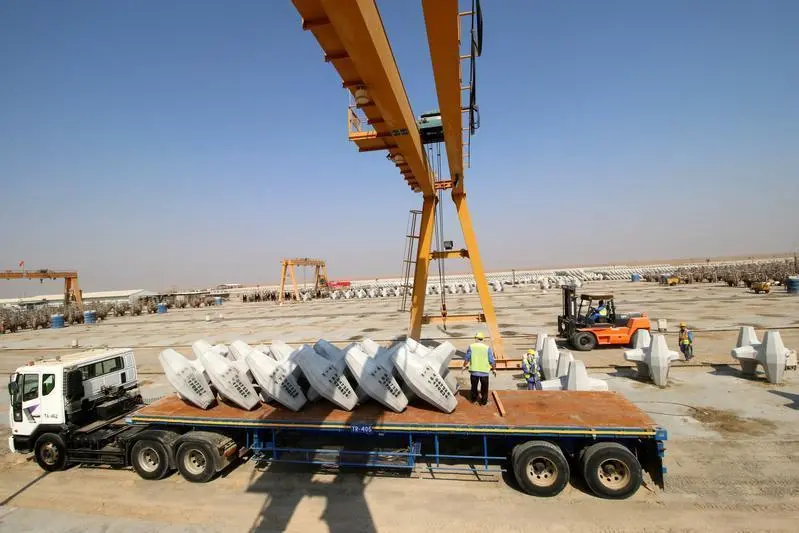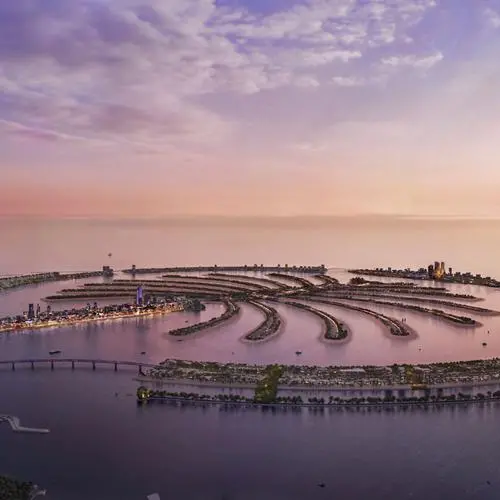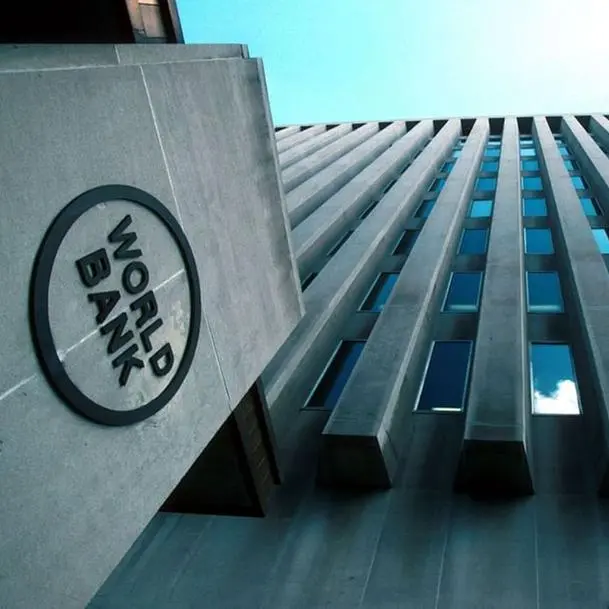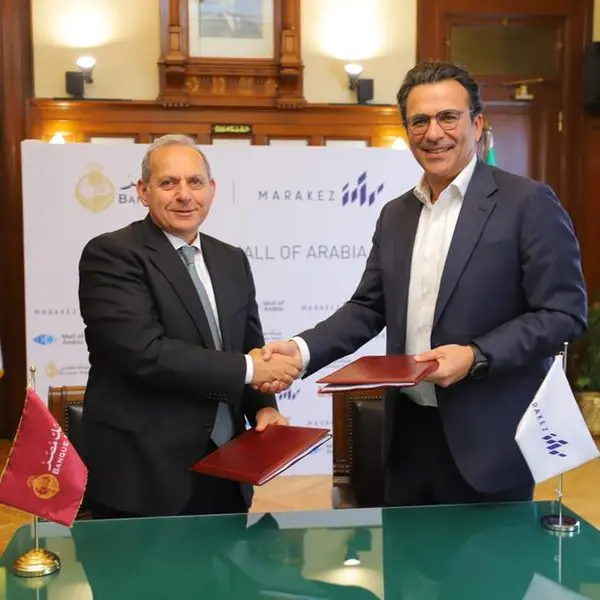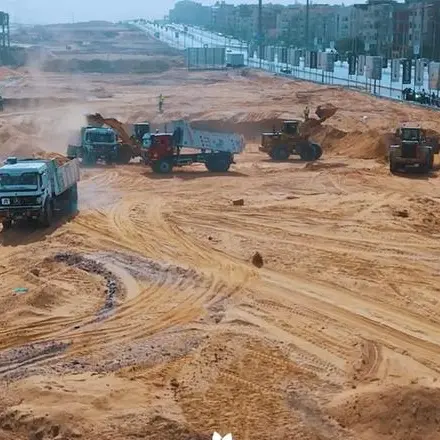PHOTO
Iraq’s General Company for Ports (GCPI) announced this week that the handover process for five berths at the Grand Faw Port in Basra has begun as the project approaches full completion.
General Manager Farhan Al-Fartousi told the Iraqi News Agency (INA) on Monday that the five-berth phase has atttained 100 percent completion rate while the port road is currently at 92 percent completion.
In December 2020, Iraq had awarded a $2.6 billion Engineering, Procurement and Construction (EPC) contract for the Faw Port to South Korea's Daewoo Engineering & Construction (Daewoo E&C).
Al-Fartousi confirmed that the Port, including all related projects, is expected to be completed and operational by next year.
He also disclosed that the construction of the 2.5-kilometre underwater tunnel under the Khor Al-Zubair Channel, which will connect the Grand Faw Port to the Umm Qasr Port, is in the 'sinking phase; for its 10 concrete elements.
In November 2023, Sweden's Trelleborg Marine and Infrastructure had announced that it is partnering with Daewoo E&C to deliver customised sealing systems for the tunnel.
"Trelleborg’s Gina gaskets and Omega seals will play a crucial role in connecting 10 concrete elements, each with a length of approximately 126 metres," Trelleborg's statement noted, adding that tunnel will feature six lanes, as well a dedicated emergency lane.
The Grand Faw Port is planned to be one of the world’s largest 20 container terminals as it will handle nearly 99 million tonnes per year and is part of Iraq’s post war drive to revive its commercial and business position. It will be served by a planned 1,200-km rail line traversing the country to its Northern border with Turkey as part of the $17-billion Development Road that also includes a parallel motorway.
(Writing by Majda Muhsen; Additional writing by Nadim Kawach; Editing by Anoop Menon)
Subscribe to our Projects' PULSE newsletter that brings you trustworthy news, updates and insights on project activities, developments, and partnerships across sectors in the Middle East and Africa.
